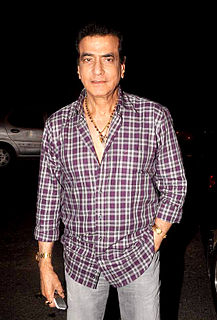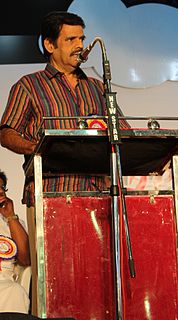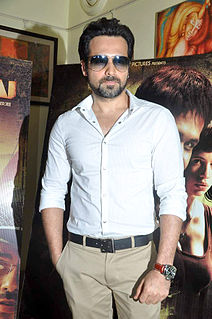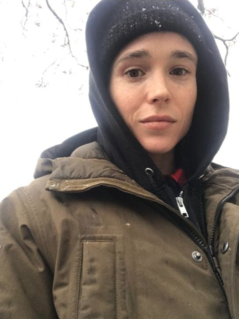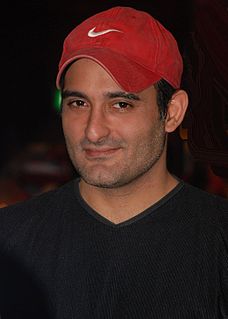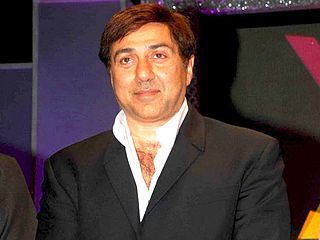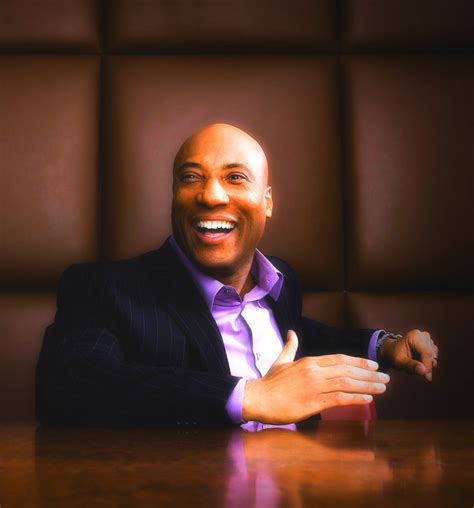A Quote by Jeetendra
There was a time when I was called the wizard of the box-office.
Related Quotes
They are born, put in a box; they go home to live in a box; they study by ticking boxes; they go to what is called "work" in a box, where they sit in their cubicle box; they drive to the grocery store in a box to buy food in a box; they talk about thinking "outside the box"; and when they die they are put in a box.
I hate how box office failures are blamed on an actress, yet I don’t see a box office failure blamed on men. I think a lot of the time in films, men get roles where they create their own destiny and women are just tools, supporters for that. I guess it’s because we live in a patriarchal society, where feminism is a dirty word.
Everyone thinks that Fight Club is a very important and successful film, but it was a massive box-office failure. Massive. It was a big flop by any commercial-release standard. And it's been a huge hit on DVD. Everything that movie has become has been on DVD. So you can't stake your sense of creative success on this whole box-office-performance matrix, because if you do, you're going to be disappointed most of the time.
There was one film that I really wanted. This was a long time ago; it was a film called 'Fracture.' Ryan Gosling ended up doing it with Anthony Hopkins. It wasn't a giant box-office success, but I really enjoyed the script, and I enjoyed the character. I got pretty close and was kind of disappointed it didn't go my way.
